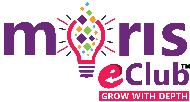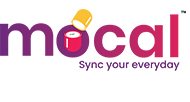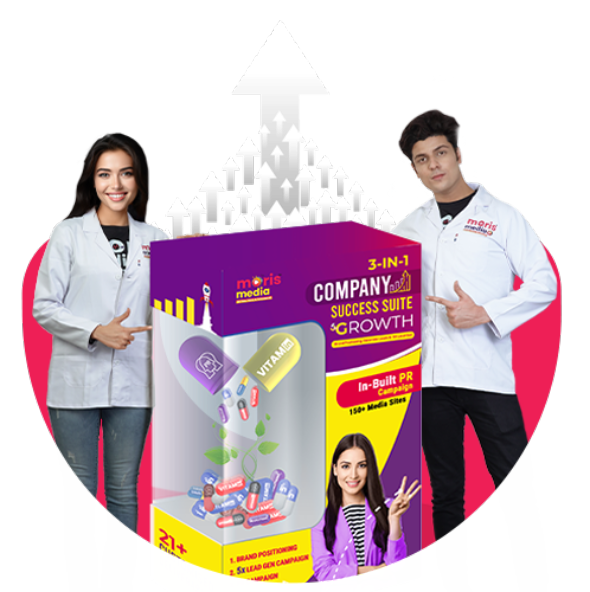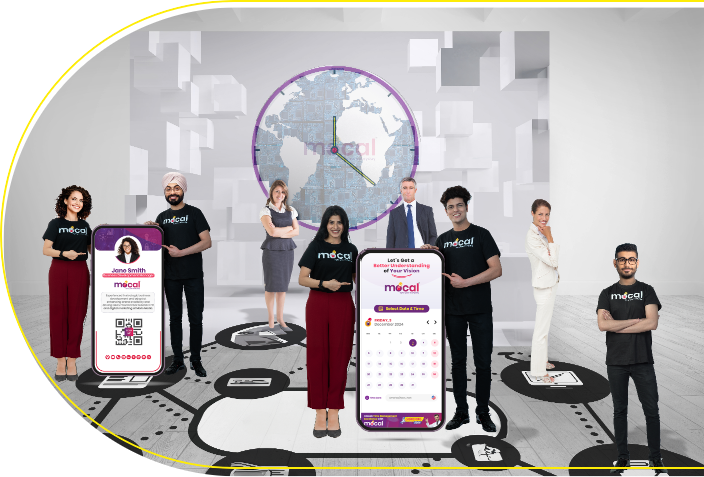In Japan's bustling cities and diverse industries, professionals and businesses are constantly seeking innovative ways to optimize time management and streamline operations. Moris Media, a world-class PR Boutique and Digital Marketing Agency with extensive experience serving healthcare professionals and institutions across 40+ countries, understands the unique scheduling challenges faced in Japan.
Through comprehensive research and analysis, including surveys of over 10,000 healthcare professionals and rigorous testing in various healthcare settings, Moris Media has compiled a definitive list of the top 10 healthcare scheduling solutions available in Japan for the year 2025. These budget-friendly options are designed to cater to diverse preferences, ensuring a better work-life balance for your team and streamlined operations for your practice.
Given below is the list of the top 10 healthcare scheduling software in Japan for 2025:
- moCal
- Healthray
- SoftClinic GenX
- Carepatron
- MocDoc HMS
- eHospital Systems
- Weave
- CrelioHealth
- Clinicea
- SimplyBook.me
#1: moCal 7-in-1 Solution (Free, Paid Plans): Japan's Leading Healthcare Scheduling Software for 2025
In Japan, healthcare professionals are increasingly turning to technology to streamline administrative tasks and enhance patient care. moCal, the #1 scheduling software in Japan, addresses this need with comprehensive features that support healthcare providers in managing their busy schedules effectively. Designed to offer much more than traditional scheduling software, moCal boasts a 7-in-1 Smart CRM that contributes to streamlined operations and enhanced communication, resulting in significant improvements in the overall patient experience.
Why Japanese Healthcare Professionals Choose moCal:
- Efficient Scheduling: moCal simplifies appointment booking for patients and staff, with an empowering feature that allows patients to book the most convenient appointment time for themselves. This intuitive and easy-to-book feature not only eliminates the need for multiple emails and phone calls for confirmation but also has drastically reduced no-shows by up to 95% through consensus booking. Healthcare providers in Japan using moCal have reported a significant reduction in administrative task time, freeing up valuable resources to focus on patient care.
- Automation of Reminders: moCal's smart reminders feature further prevents no-shows and improves patient adherence to treatment plans. Timely reminders for appointments and medication schedules build trust and credibility with patients, reinforcing the commitment to quality care.
- Enhanced Client Communication: Seamlessly integrate patient records, track interactions, and communicate effectively with moCal's CRM capabilities. This ensures a smooth and personalized experience for every patient, leading to improved patient satisfaction.
- Customised Branding: In Japan's competitive healthcare landscape, distinguishing oneself is essential. moCal's personalized calendars and digital business cards allow healthcare professionals to create a professional and consistent brand image, enhancing their reputation and visibility.
- Team Collaboration: moCal understands the importance of coordinated teamwork in healthcare. Its team collaboration features facilitate efficient coordination between doctors, nurses, and administrative staff. Features like shared calendars, task assignments, and real-time updates keep everyone on the same page, fostering a collaborative environment that ultimately benefits patient care.
Consider moCal for a Comprehensive Healthcare Solution
While other scheduling tools may focus on specific aspects of healthcare operations, moCal offers a more holistic approach. Its 7-in-1 platform combines scheduling with powerful CRM capabilities, AI automation, and personalized branding options. Combining the functionality of 15+ CRMs into one and with a starting price as low as $8 per month, moCal is the most cost-effective healthcare scheduling solution available.
Experience the moCal Advantage:
Ready to experience the power of moCal for your healthcare practice? moCal comes with a 30-day free trial and a 60-day money-back guarantee for paid users to allow them to use it first-hand and discover the difference that it can make.
Weigh Your Options:
While tools like Healthray, SoftClinic GenX, and Carepatron offer some scheduling features, moCal's comprehensive approach, AI-powered automation, and industry-specific customizations set it apart as the best healthcare scheduling software in Japan for 2025.












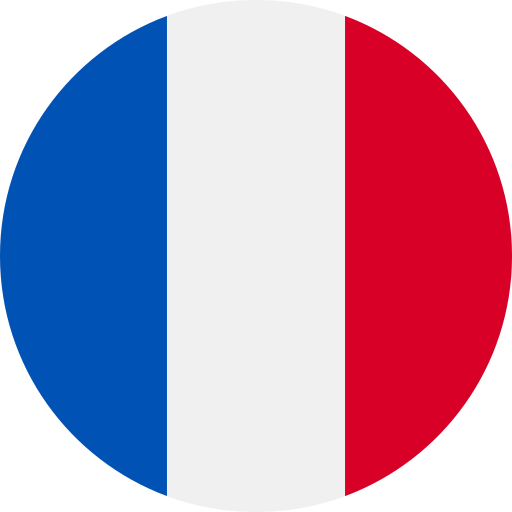








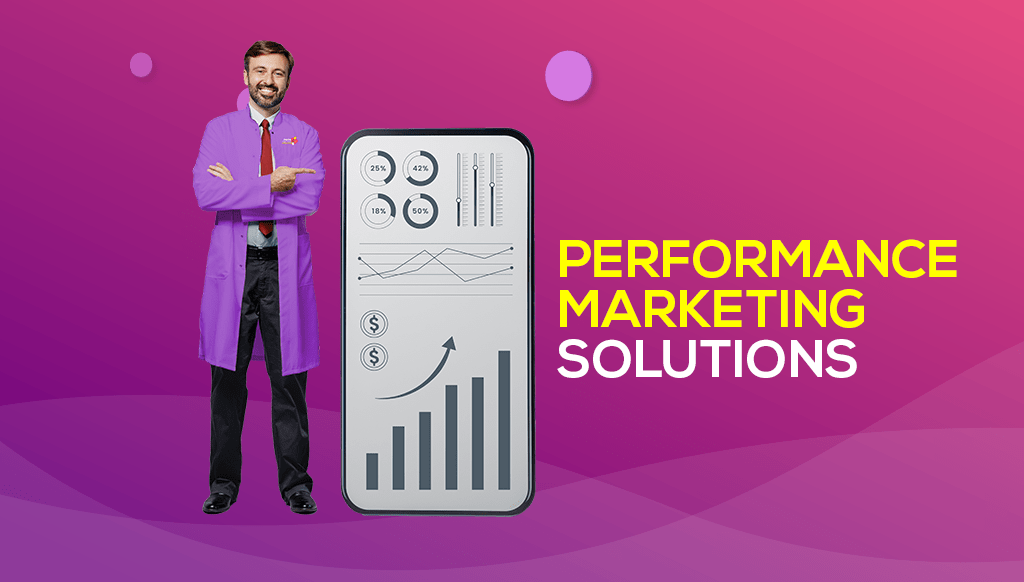
.png?v=1676960503)
















